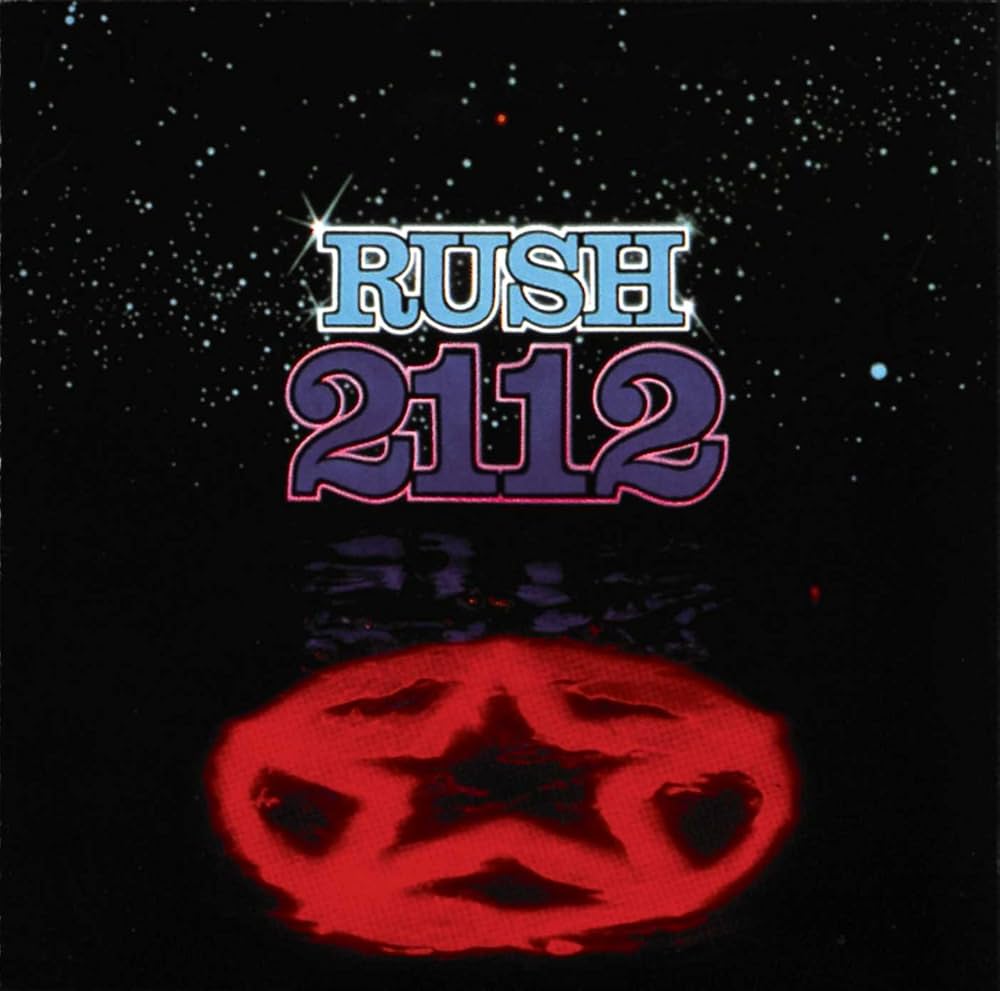
Paul Fitzgerald in RollingStone.com: What a Progressive Rock Metal Album Can Teach Brands About Sticking to Their Vision
Rush’s milestone progressive rock album 2112 is the second highest-selling album in the band’s catalog and regularly appears on all-time album ranking lists.
Given its place as a cultural touchstone in the pantheon of progressive rock, it’s hard to envision now it almost didn’t get made at all, and when it did, its release would make or break the band with the rockers’ careers on the line.
What stemmed from the production of 2112 is embedded with timeless lessons for brands about sticking to your guns, or perhaps 2112-era laser pistols, and seeing through your vision in the face of doubt and adversity.
Listen to My Music/and Hear What It Can Do/There’s Something Here As Strong as Life/I Know That It Will Reach You
Following the commercial and critical failure that was Caress of Steel, Rush’s future was murky. So murky that label owner Polygram’s financial predictions for the forthcoming year didn’t have them listed, all but sealing their fate with the label.
When 2112 was eventually greenlit, it was understood to be Rush’s final chance. The label requested more radio-friendly tracks after much of Caress of Steel’s failure could be owing to its obscure, epic, and fantastical compositions.
Instead, Rush headed to the studio with clear instructions and emerged with the eponymous seven-part, 20-minute operatic sci-fi opening track. It did not get radio airtime.
Rush would not compromise their creative vision, and the results would be rewarded with 2112 becoming their then-biggest hit to date. In a business environment often swayed by trends and immediate returns, the creation process of 2112 exemplifies the value of perseverance in one’s vision and the courage to be non-conformist.
This is a valuable lesson for businesses looking to navigate the pressures to take a conformist approach and buckle to market expectations. The most groundbreaking ideas can often come from a commitment to personal and organizational visions that may defy immediate expectations but ultimately chart a bold new territory. That this developmental process punctuated by a line-in-the-sand moment led to the objectivist-infused 2112 about the individual versus the masses is perhaps no surprise.

Oh, You Don’t Get Something for Nothing/You Don’t Get Freedom for Free
The thematic core of 2112 revolves around the struggle of the individual against the masses, a narrative deeply influenced by the philosophies of Ayn Rand, who is credited in the liner notes, particularly her ideas on objectivism and the pursuit of one’s own happiness and fulfillment as the most moral path.
The opening track tells the story of a dystopian future in the city of Megadon, where music and individual creativity are suppressed by the authoritarian Priests of the Temples of Syrinx, who maintain control through the monopolization of technology.
The protagonist’s discovery of a guitar becomes a symbol of personal freedom and expression, ultimately clashing with the collectivist regime. The priests’ response, “We have no need for ancient ways, the world is doing fine,” reflects the society’s conformist views.
Through its production process, lyrical content, and philosophical influences, 2112 speaks to the individual against the masses. Rush refused to succumb to studio pressures, the titular track’s protagonist rebelled against an authoritarian regime, and objectivism speaks to spiritual and emotional rewards of self-fulfillment and exercising your capacities. This speaks to the power of the individual when running a business or making decisions for a brand.
Decision-makers must recognize the power that comes with their position, take action and be willing to be bold for their ultimate rewards, which are within their reach.
Brands are responsible for what they earn as well as for what they risk, and there is no risk without reward. Business owners must lead, inspire confidence, incur risks, hire people, turn profits, and ultimately, forge their path as individuals cognizant of the masses, conformist notions and market trends, but willing to buck them when their vision calls for it.
I See the Works of Gifted Hands/Grace This Strange and Wondrous Land
Concerning the production of 2112, one question remains: if 2112 was not what the record label asked for and Rush themselves were absent from the label’s financial calculations for the coming fiscal year, how the heck did it ever get made? Rush manager Ray Danniels flew to the label’s head offices in Chicago where he sold Mercury Records on the new album without having heard any of it.
So, while the very production of 2112 was an act of defiance and the album’s narrative one of man vs. society with a healthy dose of objectivism, its very existence was predicated on a collective effort.
This is not to say those are at odds for business owners, rather, part of the risk they incur is to bring in the right people and assemble a reliable team. They remain the responsible party while delegating and collaborating amongst a team of individuals unified by a shared and uncompromising vision.
As brands and creators look to carve their paths, they might find guidance in 2112’s production, narrative and philosophy, understanding that sometimes the greatest risk lies in not taking one at all.
Dr. Paul Fitzgerald’s (PhD) column appeared on RollingStone.com on June 5, 2024.








